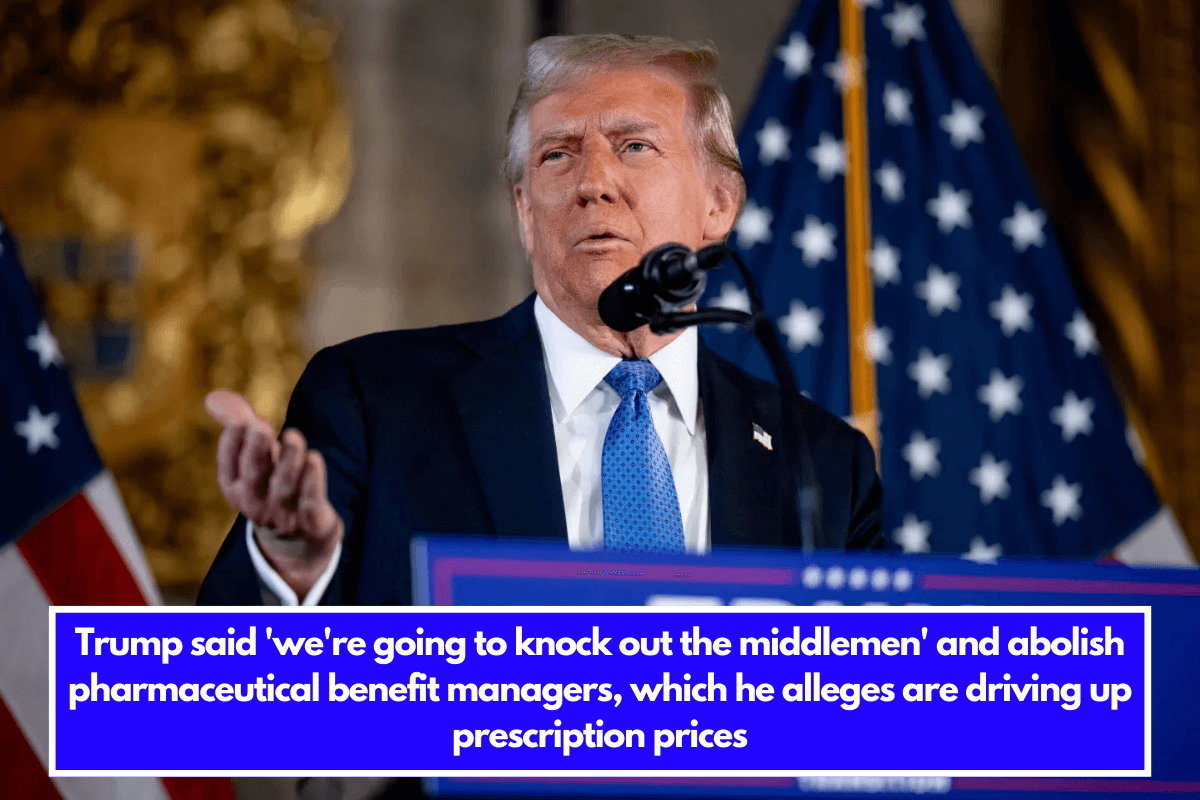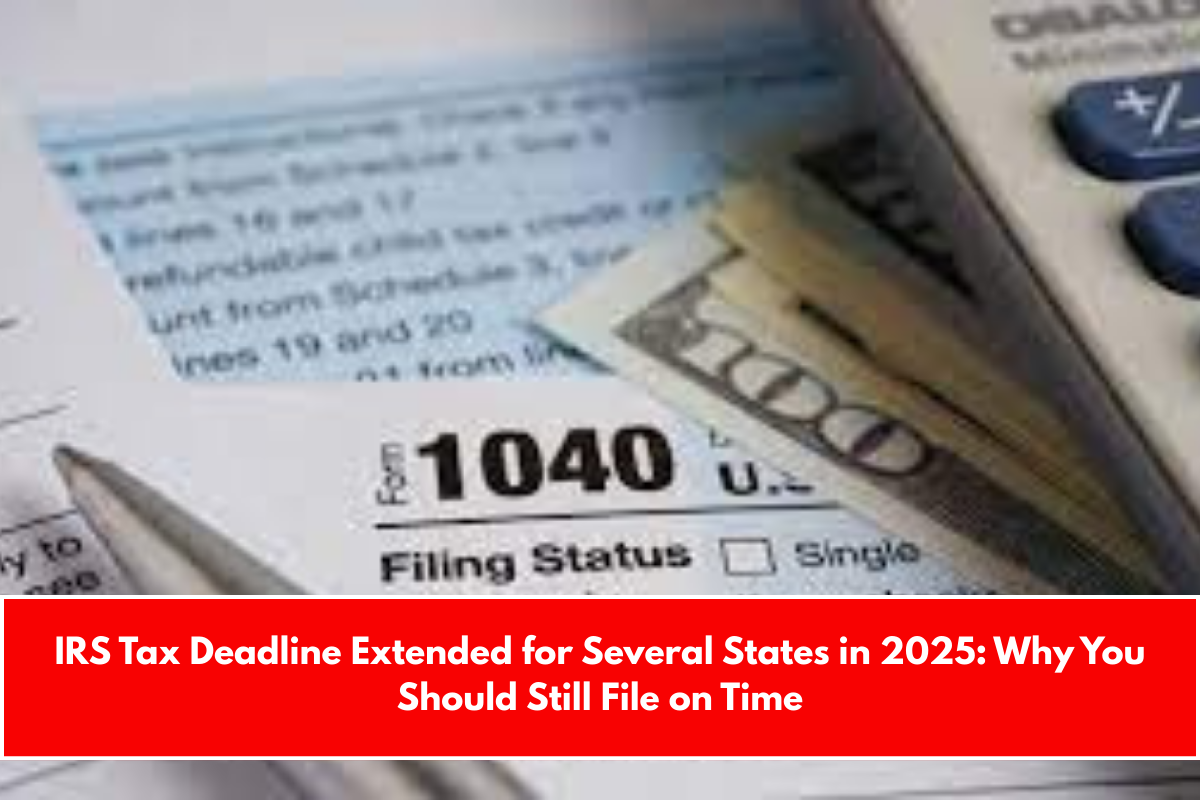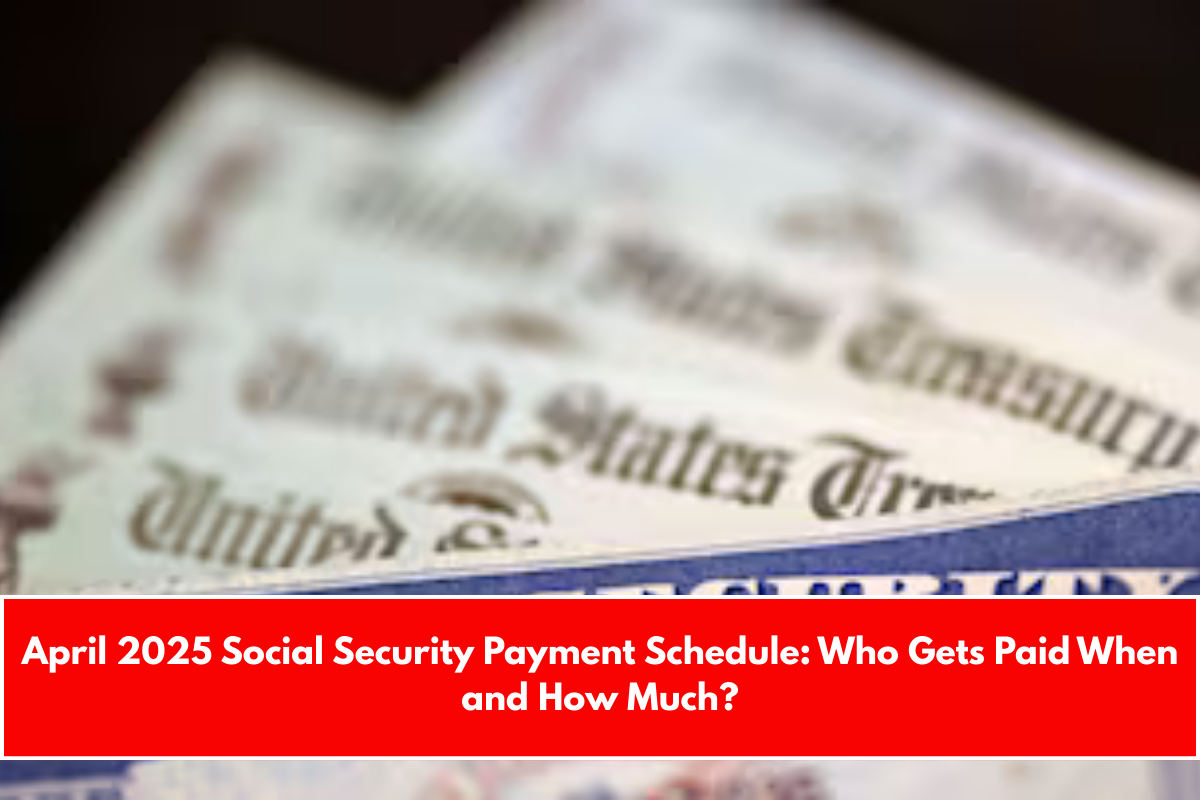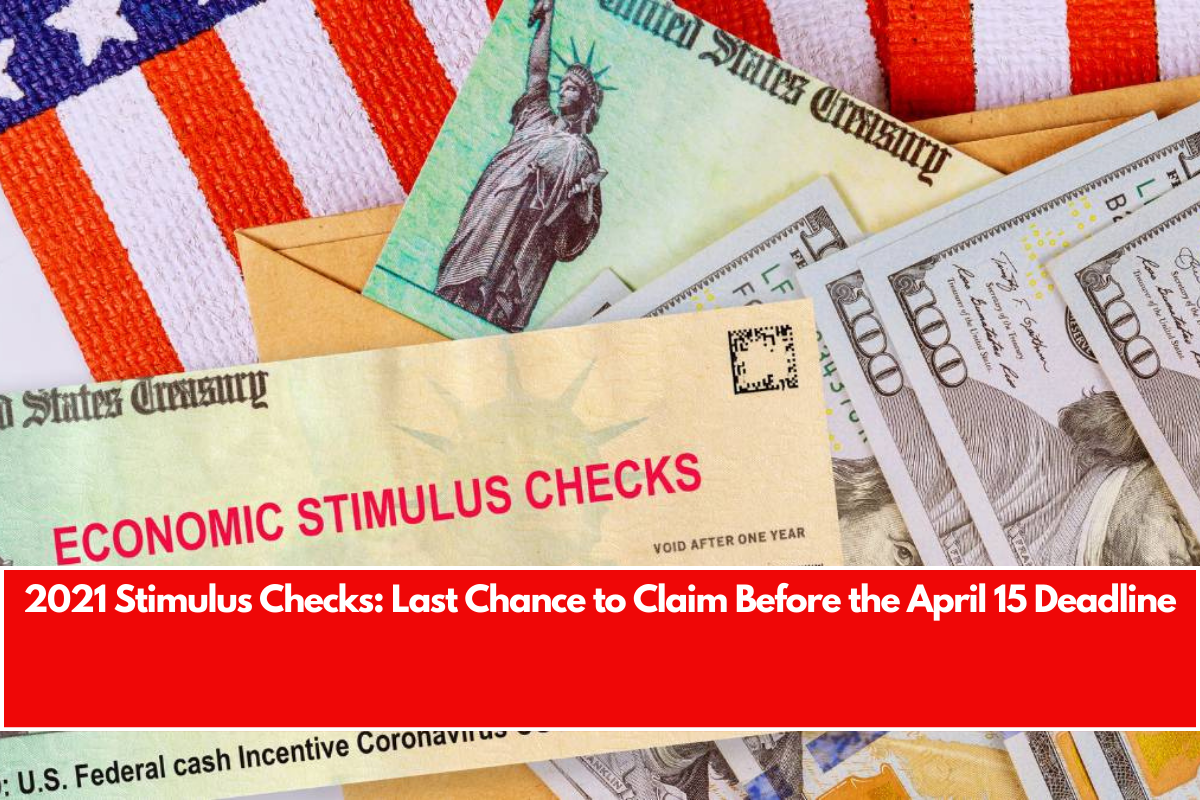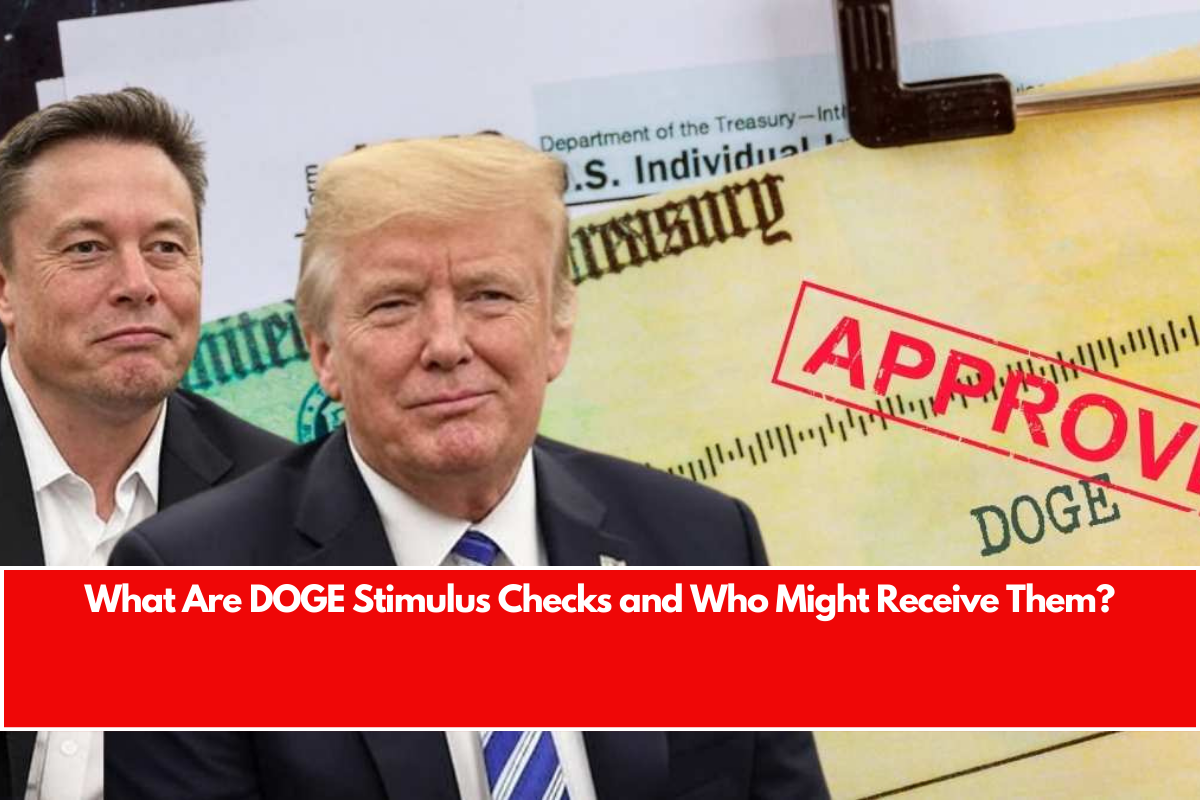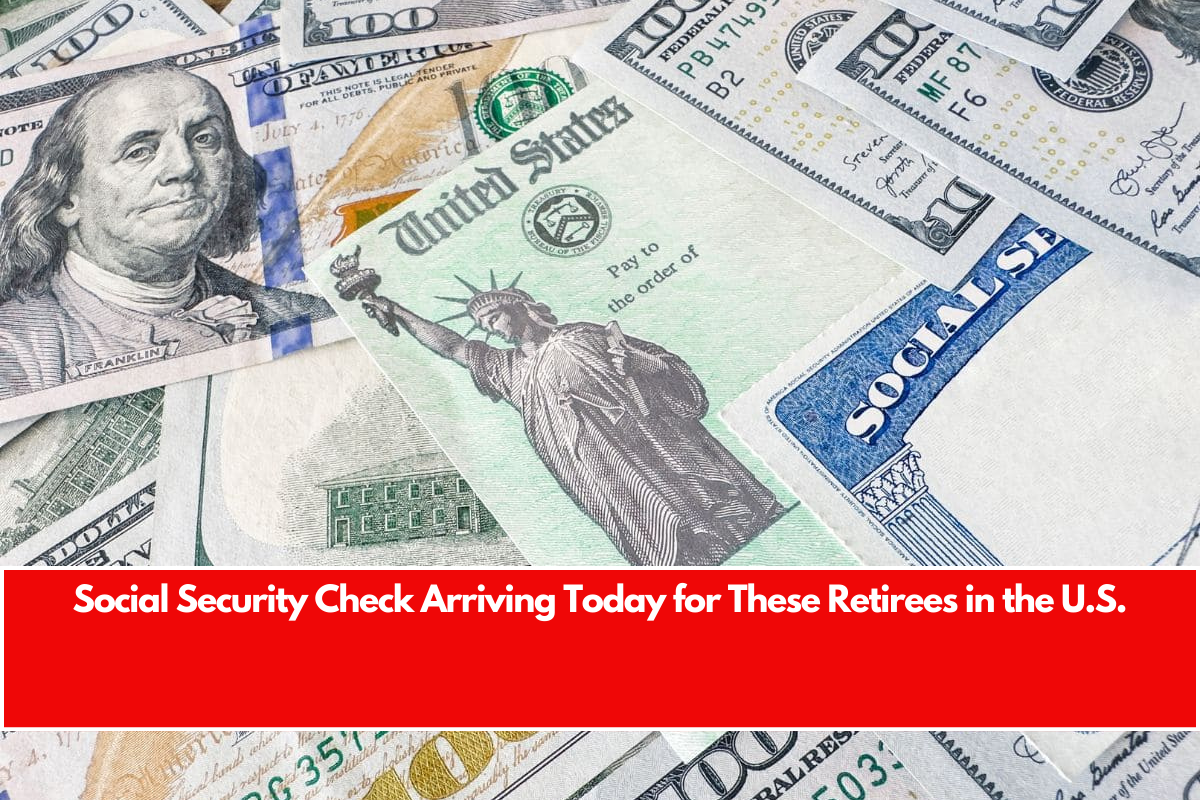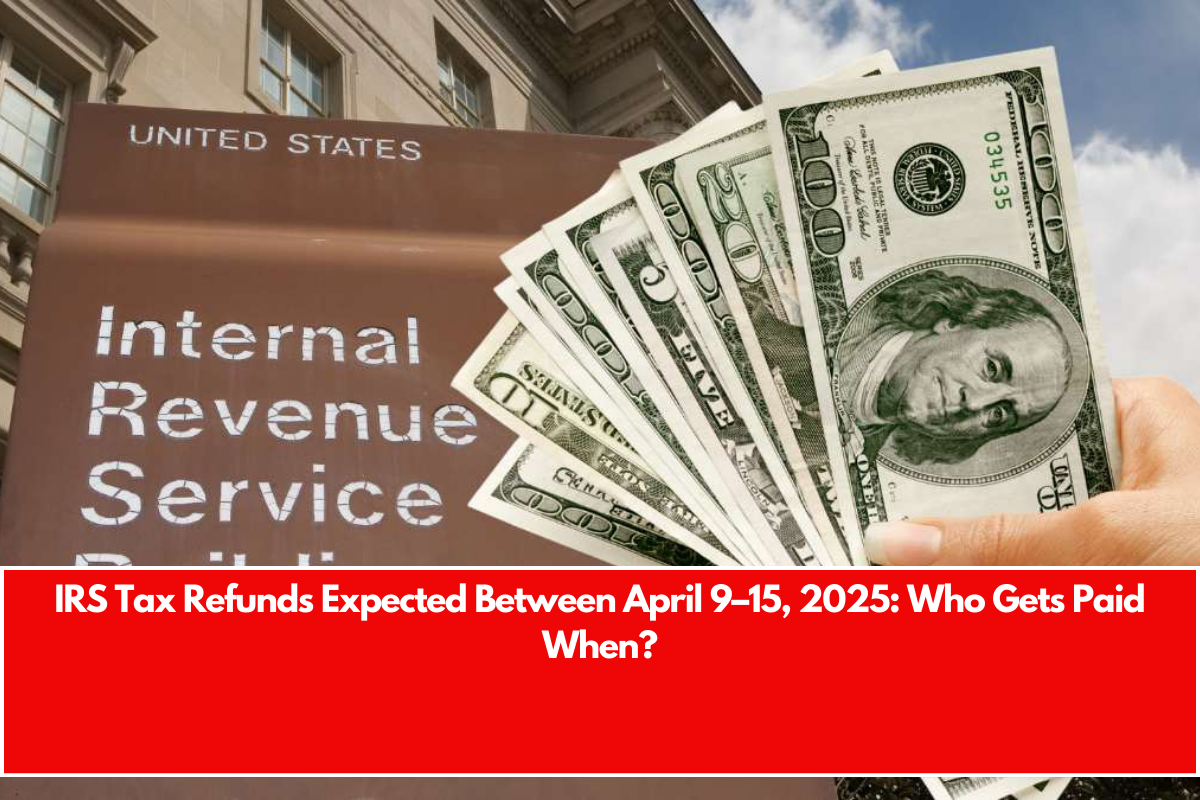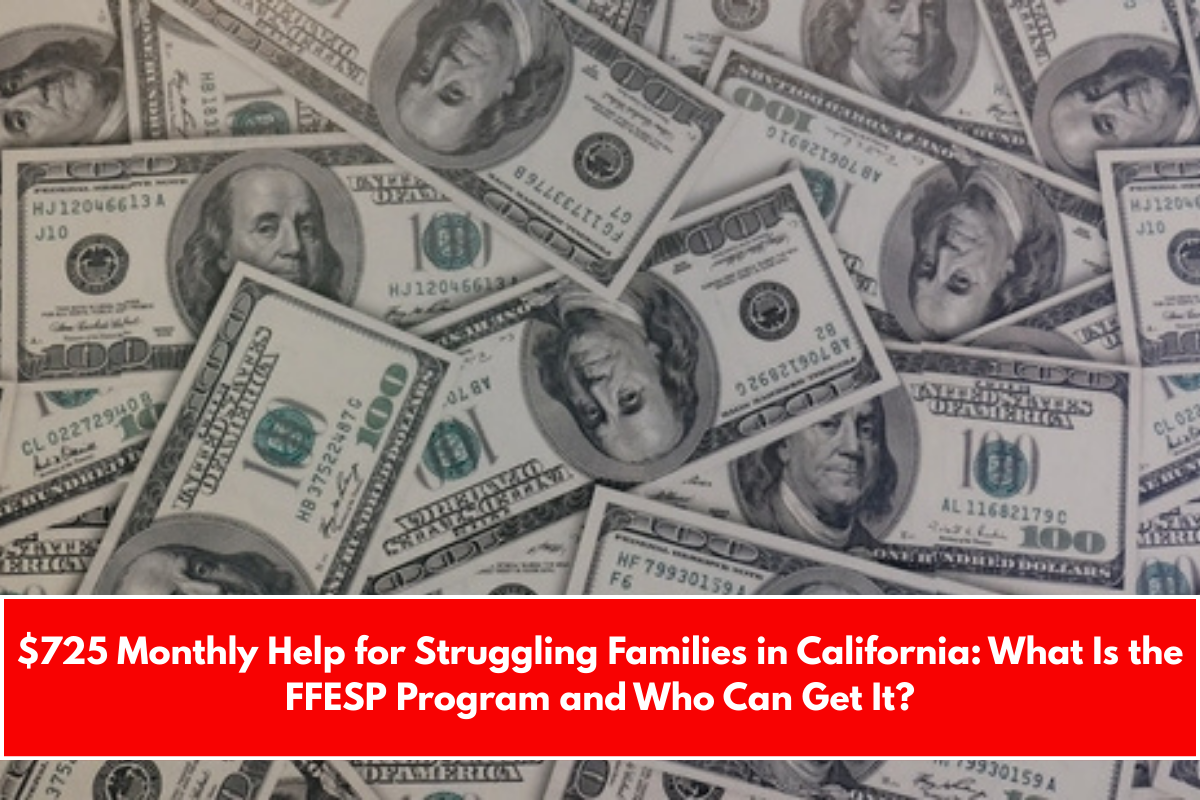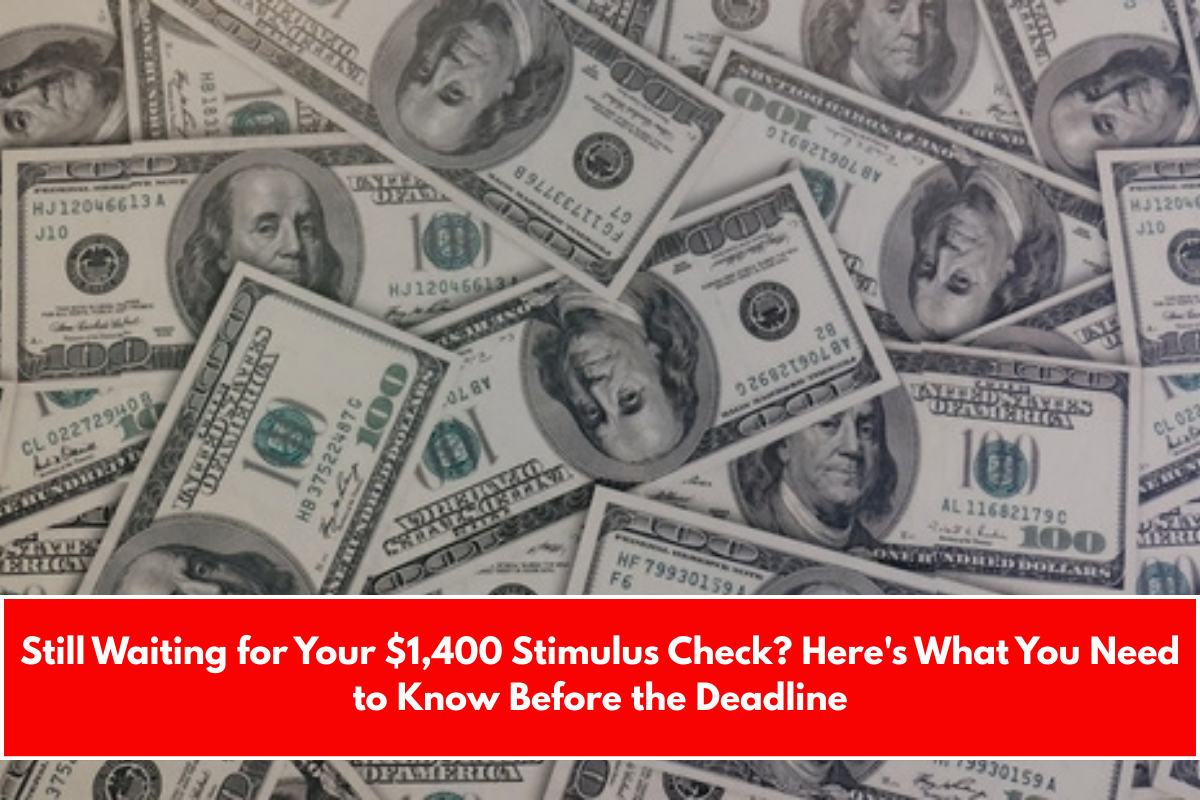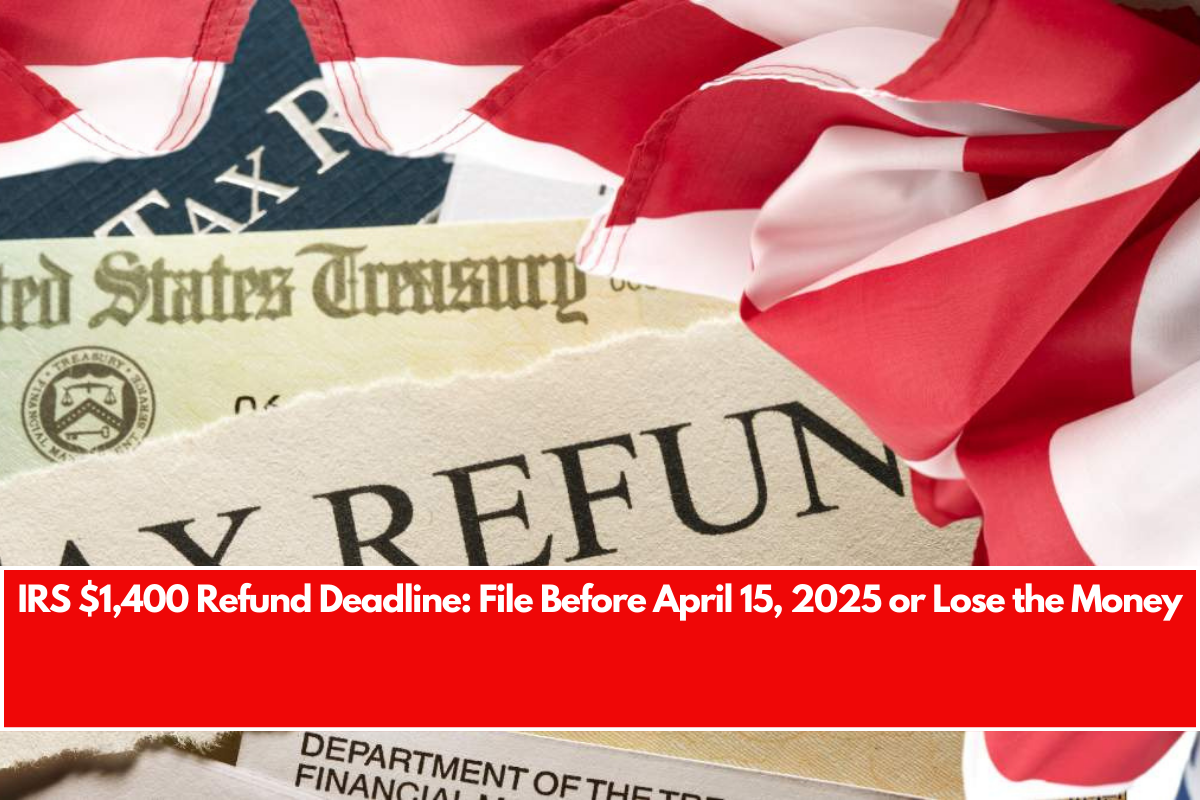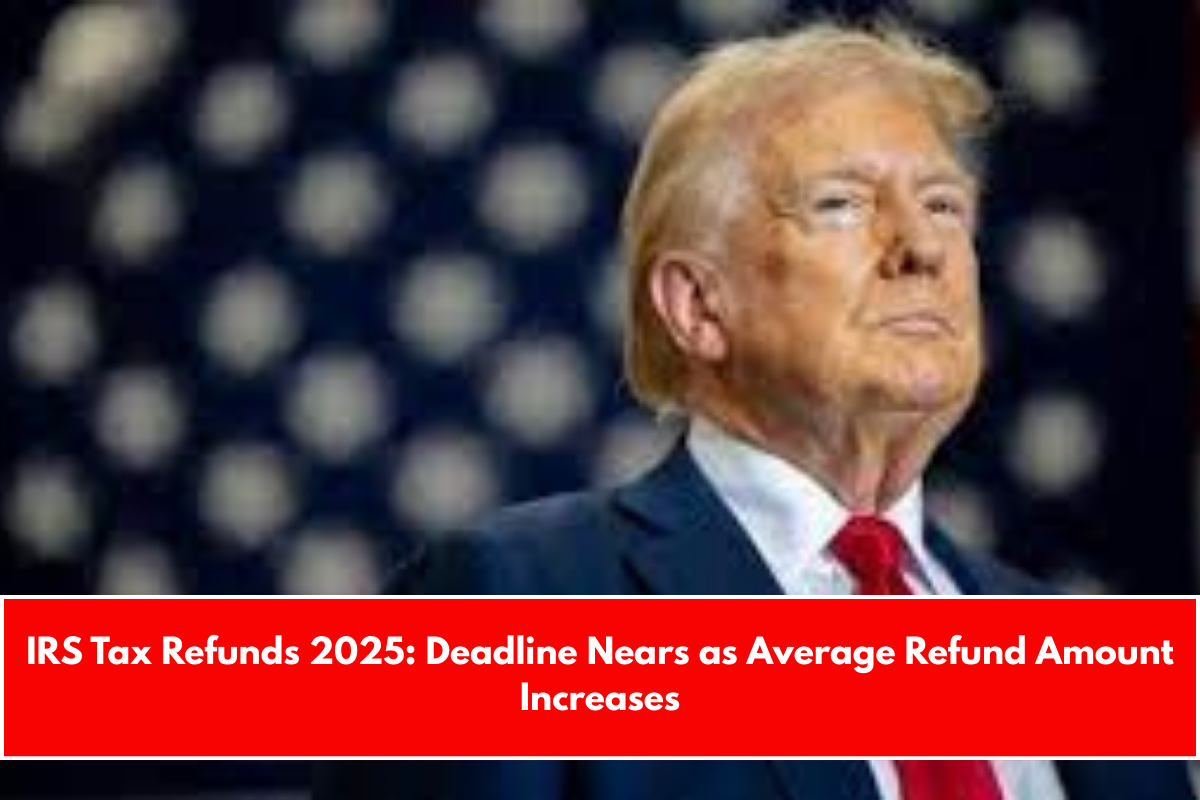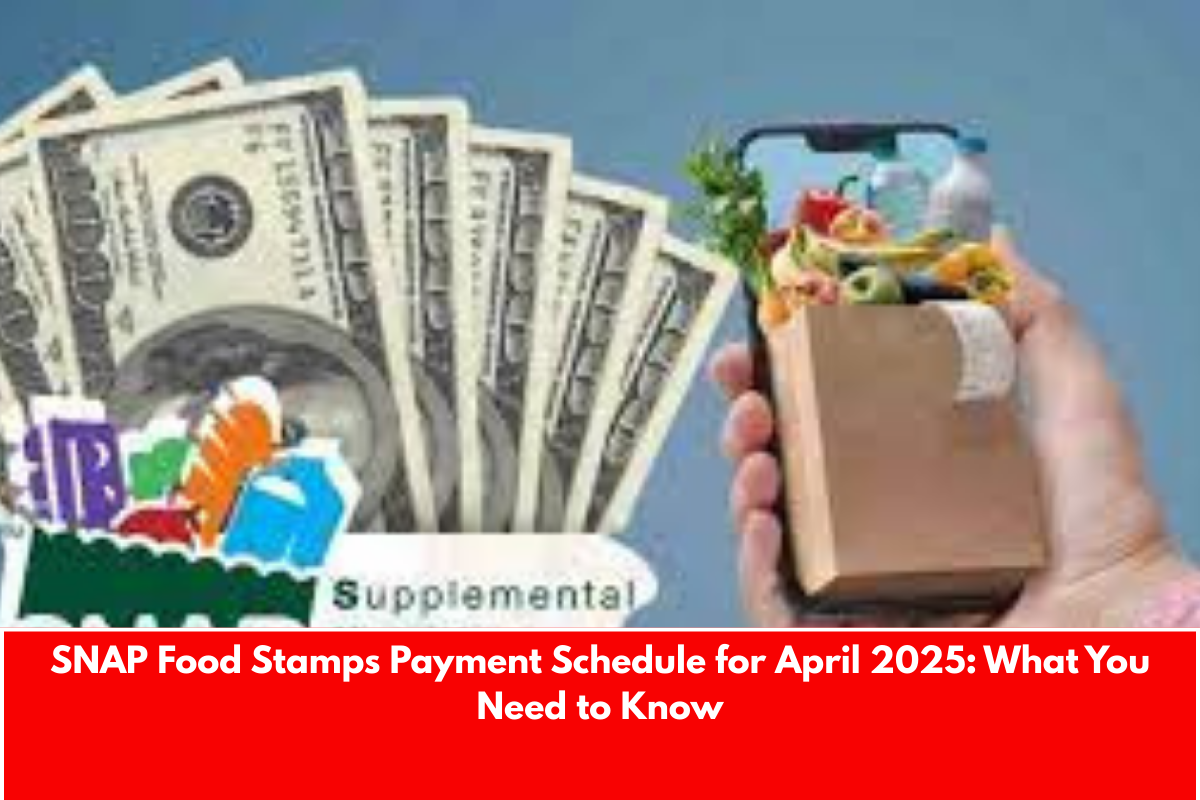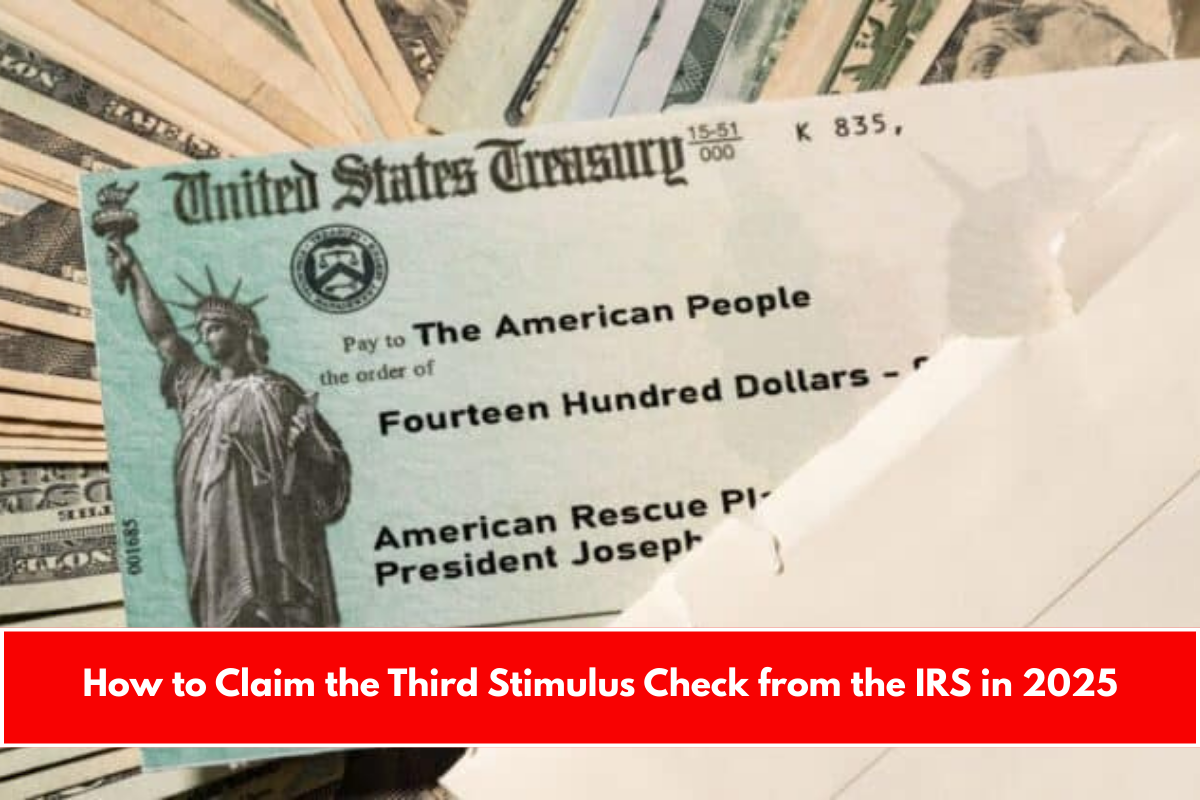During a Monday press conference, President-elect Donald Trump slammed pharmacy benefit managers, calling them “rich as hell” and accusing them of being to blame for rising drug prices.
Shares of health-care companies with those subsidiaries fell overnight, demonstrating Trump’s influence over the stock market even before he takes office next month.
President-elect Donald Trump’s continued criticism of pharmacy benefit managers has caused health insurers’ stocks to fall.
In a Monday press conference at his Mar-a-Lago resort in Palm Beach, Fla., Trump slammed pharmacy benefit managers (PBMs), who negotiate drug prices between drug makers and insurance companies, calling them “middlemen” who profit more than the drug companies.
He lamented the high prices of drugs in the United States, which are 2.78 times higher than in 33 other countries, according to RAND Institute data from February.
“We’re going to eliminate the middleman,” Trump said at the press conference. “We’re going to bring drug costs down to levels that no one has seen before.
“I don’t know who these middlemen are, but they are rich as hell,” he said.
Trump’s comments had an almost immediate impact on the parent companies of Caremark, Optum, and Express Scripts, which collectively account for nearly 60% of the pharmacy benefit manager market share.
CVS Health’s share price fell about 1% overnight following the press conference, while UnitedHealth Group’s dropped about 2.5% and Cigna’s fell more than 4.5%.
Investors’ reactions to Trump’s press conference demonstrate the president-elect’s impact on the stock market, even before he takes office next year.
Following news of Trump’s plan to appoint vaccine skeptic Robert F. Kennedy Jr. to head of the Department of Health and Human Services, vaccine makers’ market capitalizations fell by $8 billion overnight; Moderna’s stock fell 5%, while Novavax fell 7%.
The debate over pharmacy benefit managers
Pharmacy benefit managers (PBMs) continue to be a contentious issue in the healthcare industry. These third-party companies claim that they are frequently able to lower drug prices for patients by negotiating the inclusion of drugs on coverage lists, which in turn gives drug companies greater market access.
Though Trump claimed that pharmacy benefit managers earn more than drug companies, research from the University of Southern California’s Schaeffer Center for Health Policy & Economics found that drug companies’ gross margins average around 71%, compared to only 6% for pharmacy benefit managers.
“Any policy that limits the use of PBM negotiating tools would leave American patients, taxpayers, and businesses at the mercy of the prices drugmakers set,” a CVS Caremark spokesperson told Fortune. “We welcome additional engagement with any federal or state official interested in learning more about the value we deliver.”
The Pharmaceutical Care Management Association, whose members include many major pharmacy benefit managers, said in a statement that it looks forward to working with the Trump administration to reduce drug prices.
“Whether it’s through negotiations to lower costs, partnerships with pharmacies, or clinical care programs, our value is in helping patients conveniently, safely, and affordably access prescription drugs,” according to a statement.
However, how pharmacy benefit managers negotiate drug prices is a closely guarded secret.
In September, the Federal Trade Commission filed a lawsuit against the three largest pharmacy benefit managers, alleging that they artificially inflate profits by limiting access to more affordable insulin medications and directing patients toward more expensive options.
The House Committee on Oversight and Accountability issued a report in July claiming that intermediaries essentially operate in a black box to raise prices or overcharge patients.
Although billionaire investor Mark Cuban Mark Cuban frequently butts heads with Trump, he supports the president-elect’s position on eliminating middlemen to reduce drug prices.
In January 2022, he founded Cost Plug Drugs, an online pharmacy that sells generic drugs and discloses price markups, shipping costs, and other charges.
“It’s impossible to find the price of a drug,” Cuban said during a presentation at the University of Pennsylvania Leonard Davis Institute of Health Economics last week. “I’m not saying they make it too difficult to find. I mean, you can’t find the price or cost of drugs.

